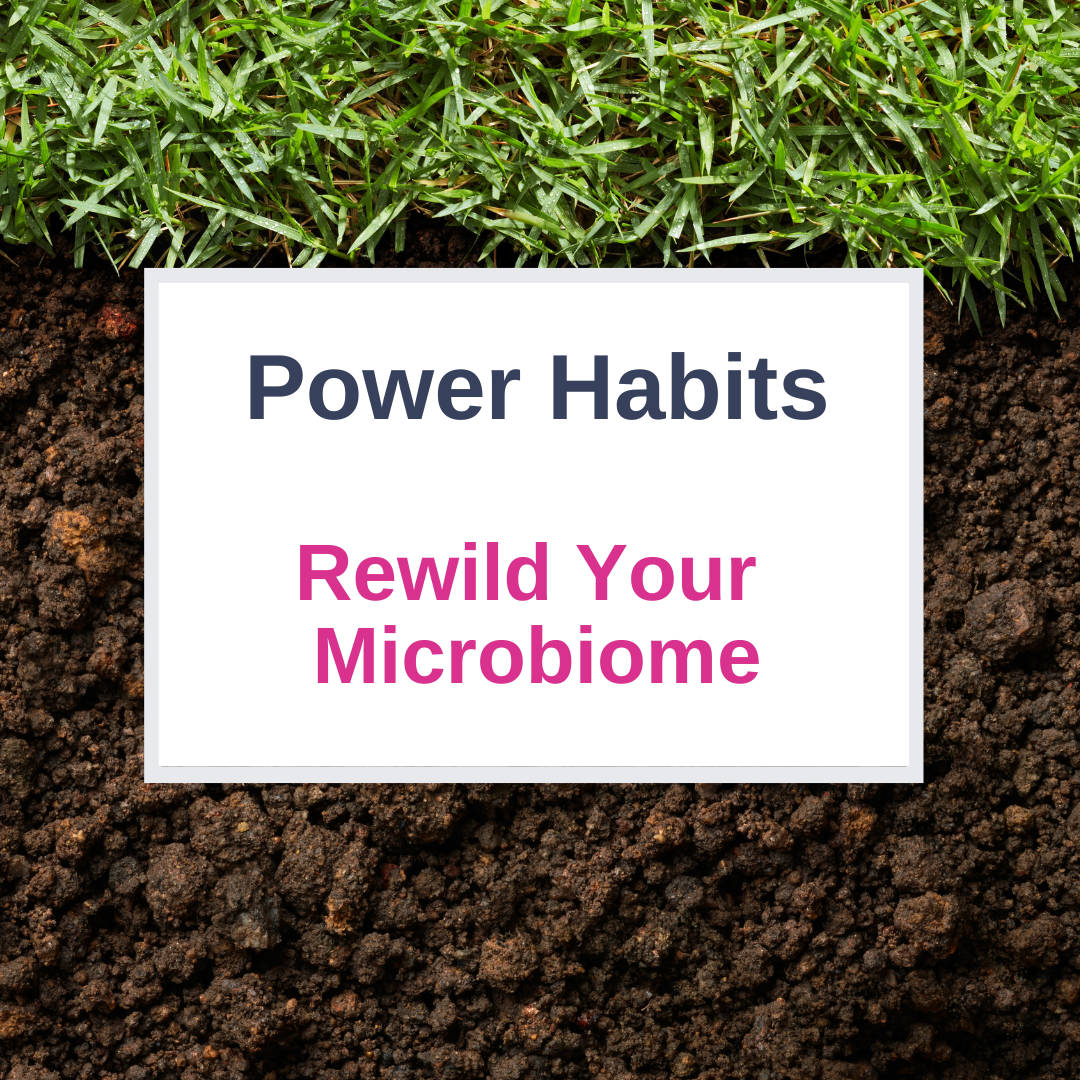Introduction
The human microbiome is a complex ecosystem that has a significant impact on gut health, the gut-brain connection, and overall well-being. This intricate community of microorganisms—comprising bacteria, viruses, and fungi—affects everything from digestion to mental health. In this post, we’ll uncover the role of the human microbiome in digestive health, immune system support, and mental clarity. We’ll also explore how probiotics, prebiotics, and simple lifestyle changes can help you improve gut health and achieve microbiome balance.
Overview of the Human Microbiome
The human microbiome is the collection of all microorganisms living on and inside our bodies. It includes bacteria, fungi, viruses, and yeast. These organisms are found in areas like the gut, skin, mouth, and urogenital tract. They play vital roles in digestion, immune function, and even the production of essential vitamins. They play essential roles in:
- Digestive health and nutrient absorption
- Immune system regulation
- Production of essential vitamins
Maintaining a healthy, balanced microbiome is critical for overall health and well-being.
The Microbiome’s Role in Mental Health and the Gut-Brain Connection
The connection between the gut and brain is often referred to as the gut-brain axis, a powerful communication network that influences mental well-being. Certain gut microbes produce neurotransmitters like serotonin, which regulate mood and stress levels. Supporting the gut microbiome with probiotics, prebiotics, and stress-reducing activities like yoga can help improve mental clarity and overall happiness.
How to support the gut-brain connection:
- Eat prebiotic and probiotic-rich foods
- Manage stress with mindfulness practices
- Get regular exercise and sufficient sleep
Debunking Microbiome Myths
Myth: All bacteria are harmful.
Fact: The human body is host to over 1,000 species of beneficial bacteria at any one time. These powerhouse microbes help protect against infections, digest food, and regulate immunity.
The “hygiene hypothesis” suggests that exposure to various microbes during childhood can strengthen the immune system and reduce the risk of allergies and autoimmune diseases, while over-sanitizing your environment can be harmful to your microbiome, and therefore your health.
The Unique Microbiome of Each Body Area
Every person’s microbiome is unique, much like a fingerprint. Diet, lifestyle, and even pets can influence the diversity of gut bacteria. Additionally, different body areas have specialized microbiomes that serve distinct roles:
- Gut Microbiome: The gut microbiome plays a crucial role in digestion, nutrient absorption, and immune system regulation. It is the most diverse and densely populated microbiome in the body.
- Vaginal Microbiome: Dominated by Lactobacillus species, the vaginal microbiome helps maintain an acidic environment to prevent infections and protect overall reproductive health.
- Skin Microbiome: The skin microbiome provides a protective barrier against harmful pathogens. It also helps regulate the skin’s pH, supports wound healing, and plays a role in immune defence.
- Oral Microbiome: The oral microbiome includes bacteria, viruses, and fungi that live in the mouth. A balanced oral microbiome is essential for preventing tooth decay, gum disease, and bad breath. It also contributes to systemic health by influencing the overall balance of microbes in the body.
Each microbiome serves a specialized function based on its location, supporting overall health and wellness. Understanding and caring for the different microbiomes throughout your body can help optimize your health.
Power Habits to Support Your Microbiome
Supporting your microbiome is essential for maintaining overall health. Incorporating the following habits will help cultivate a diverse and thriving microbial community:
- Re-wild Your Microbiome: Reconnecting with nature is a great way to introduce beneficial microbes into your system.
- Move Outside: Spend time outdoors to increase exposure to soil microbes.
- Walk Barefoot: Walking barefoot on grass or soil can introduce microbes to your skin.
- Plant Something: Gardening exposes you to soil bacteria that can benefit your immune system.
- Visit a Farm: Farm environments are rich in microbial diversity.
- Hang Out with Kids: Playing with children often involves contact with diverse microbes through dirt, sand, and mud. This helps build a resilient microbiome by expanding exposure to beneficial microbes.
- Feed Your Bugs:
- Get Friendly with Fermented Foods: These foods—such as yogurt, kefir, sauerkraut, and kimchi—are rich in probiotics that help maintain gut balance.
- Eat a Fibre-Rich Diet: Fibre acts as a prebiotic, feeding beneficial gut bacteria. Incorporate whole grains, fruits, vegetables, and legumes to support gut health.
- Pick the Right Probiotic: Probiotics are live microorganisms that, when consumed in adequate amounts, confer health benefits to the host. Choose high-quality probiotic supplements with diverse strains to promote a balanced microbiome.
- Limit Antibiotic Use: Antibiotics can disrupt the natural balance of your microbiome. Only use them when necessary and as prescribed by a healthcare provider.
- Manage Stress and Get Enough Sleep: Chronic stress and poor sleep negatively impact your gut health. Prioritize mindfulness practices like yoga or meditation and aim for 7-9 hours of quality sleep per night.
By incorporating these power habits, you can support your microbiome, leading to better digestion, enhanced immunity, and improved mental well-being. Small, consistent actions can have a significant impact on your long-term health.
Conclusion
The human microbiome is a dynamic ecosystem with far-reaching effects on our physical and mental health. By understanding its functions and adopting microbiome-supportive power habits, you can boost your overall well-being. Take charge of your gut health today—your microbiome will thank you!

